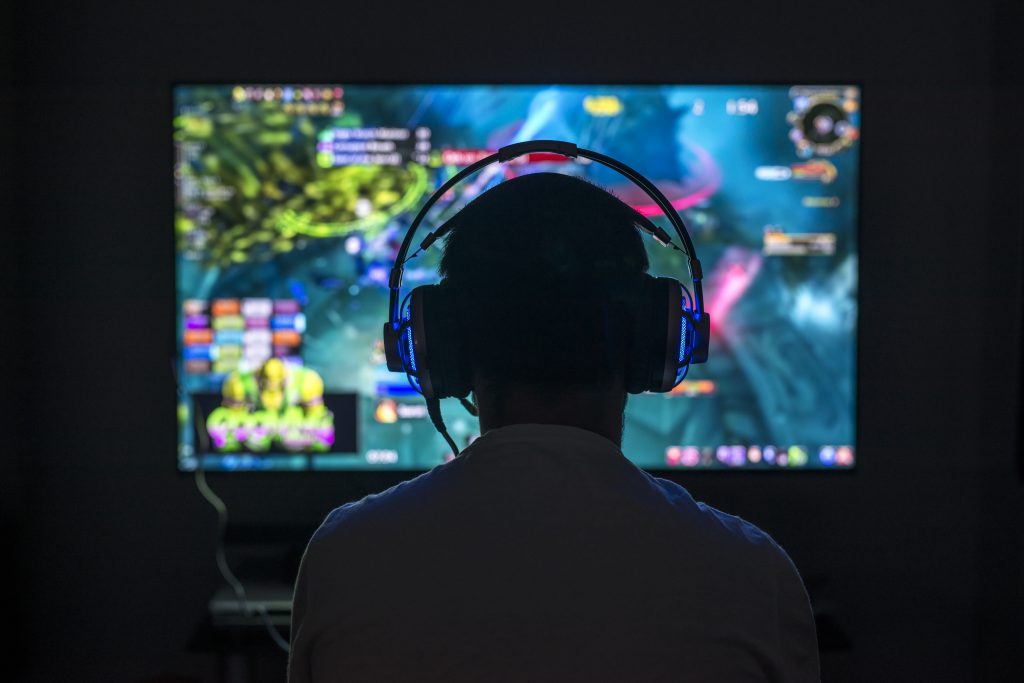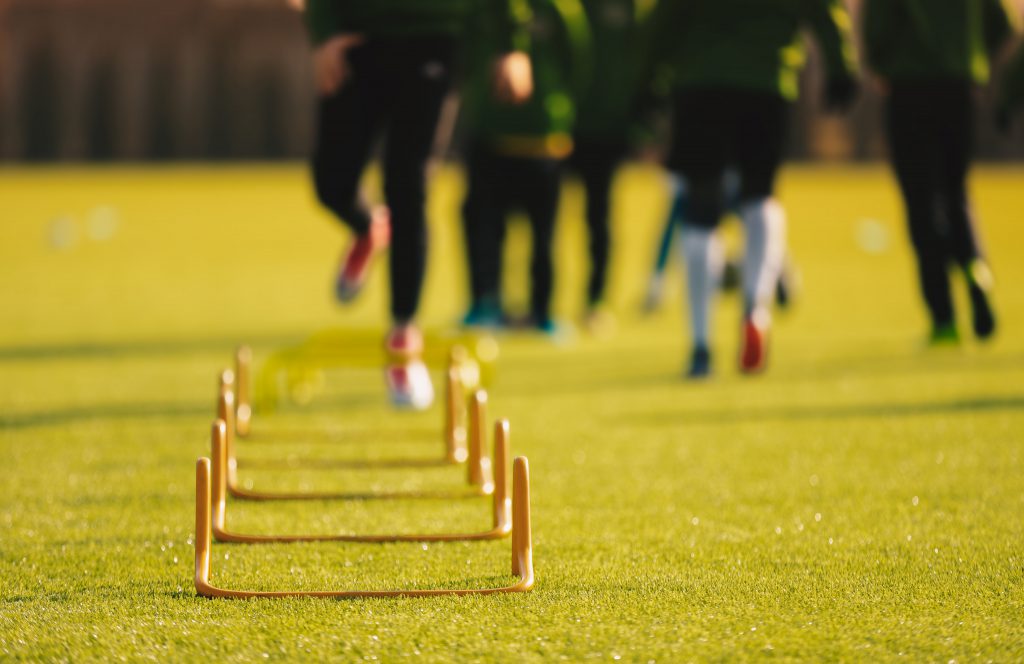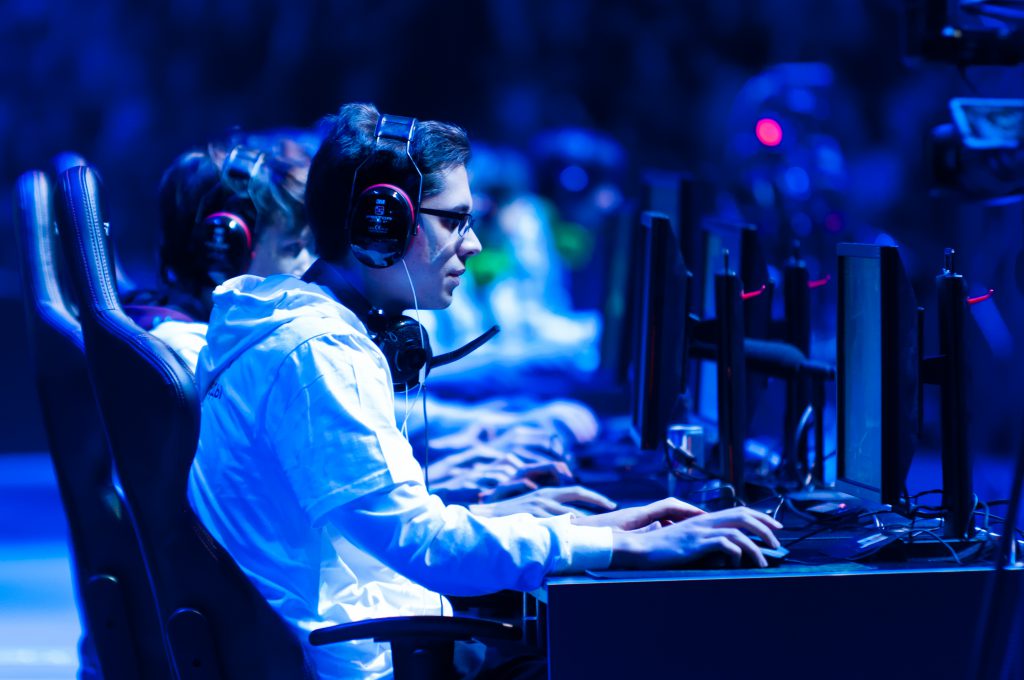Contributors
E-Sports vs Classic Sports. At the surface, most casual viewers and people outside of the gaming community see these two as worlds apart. Sports are physical. Athletes lift weights, run sprints, and go through all kinds of grueling workouts to prepare for game-day. E-Sports are mental. Players have to understand the game and use quick reactions to find success. While both of these statements are true, they are not complete.
Developing IQ/Gamesense
Sports and E-Sports are incredibly similar, you just have to look a bit deeper. Firstly both activities require a strong understanding of how the game/sport works. In sports, this is often referred to as IQ (Basketball IQ for example) while in E-Sports it is referred to as ‘gamesense’. This mental aspect must be trained religiously, something professional trainers in sports have understood for years. Players must watch hours of film, working to understand opponent formations, plays, and even to review a player’s own weaknesses. All of these concepts apply to E-Sports.
In Fortnite, we train player’s ‘gamesense’ using footage from professional tournaments. This way, players have a clear example of correct practices when playing. Just like a basketball player needs to know the best way to break a 2-3 zone, a Fortnite player must know how to rotate up a congested mountain. This training is crucial. It is tedious but necessary. NBA, NFL, and UEFA league teams all have several full-time video coordinators to curate film for players to review.

The next step in the process is to implement the acquired knowledge. Athletes in soccer play scrimmages to try out new strategies before taking them to game-day. E-Sports is exactly the same. Players play ‘Scrims’ that simulate a real tournament experience, to practice new strategies before taking them to real competition.
The Importance of Mechanical Training
Mechanics in sports are the way a ball is kicked, hit, thrown, shot, or caught. More specifically the exact physical movements required to create that action.
When a 6-year-old wants to learn to hit a baseball, their dad sits them in front of a tee, lines their fingers up on the bat, moves it over their head, and tells them to turn their back foot. This first swing is weak, the ball is either left completely alone atop the tee, or it dribbles off only a few feet away. It wasn’t great, but it’s a starting point. In 20 years that same kid is in the major leagues, with high-speed cameras displaying his swing 10x slower than real-time, allowing professional coaches to help him adjust the angle of his inner elbow in order to hit a ball just a little bit higher.

Classical sports have a clear path, especially when it comes to mechanical development. You start young, learning from your dad, mom, brother, or any other relative with a bit of experience. As you progress your skills slowly improve, maybe you hire a coach or join a team and people with more experience continue to tweak your mechanics.
One day you may even reach the professional level, where the best in the world examine every small movement to ensure the action is flawless. For a long time, no such path has existed or been understood by the masses in the world of E-Sports.
All About Making Progress
The first step is recognition, and from there it’s all about progressive overload, which is a term used in weightlifting, where each week or so an athlete adds a few more pounds to an exercise to trigger muscle growth. When it comes to building muscle memory in gaming the same concept applies.
Players must begin slowly. Mastering form at a slow, and steady pace. Their mouse movements should be smooth and precise. Slowly the difficulty increases. In the next week of training, the player’s character is forced to move faster, and the user must make the same movements from last week more quickly. The progressive overload continues, and the player develops hand-eye coordination and speed to be successful in this one movement.
Finally, after many hours of practice, these skills are ready to be taken to the real game. A baseball player who is finally ready to unveil a new pitch is no different than a Fortnite player ready to perform a new high-ground retake in-game. Hours of practice, working on small isolation movements, micro-adjustments, compound movements, and eventually true simulated practice, all culminate in a masterful performance.
In conclusion, whether you play basketball or Fortnite, hopefully after reading this article can recognize that gaming and traditional sports are more similar than different, and gamers spend thousands of hours trying to master their craft, just as professional athletes.
Or Briga is a contributor, a veteran gamer, Forbes 30U30 alum, and the CEO & Co-founder of NOVOS.gg, an online training platform for gamers who wish to take their gaming skills to the next level.
Forbes Israel Contributors are independent writers that were individually picked by Forbes staff. The writers are experts in their field and they provide professional commentary and analysis of current events. The Contributor’s content isn’t sponsored.





